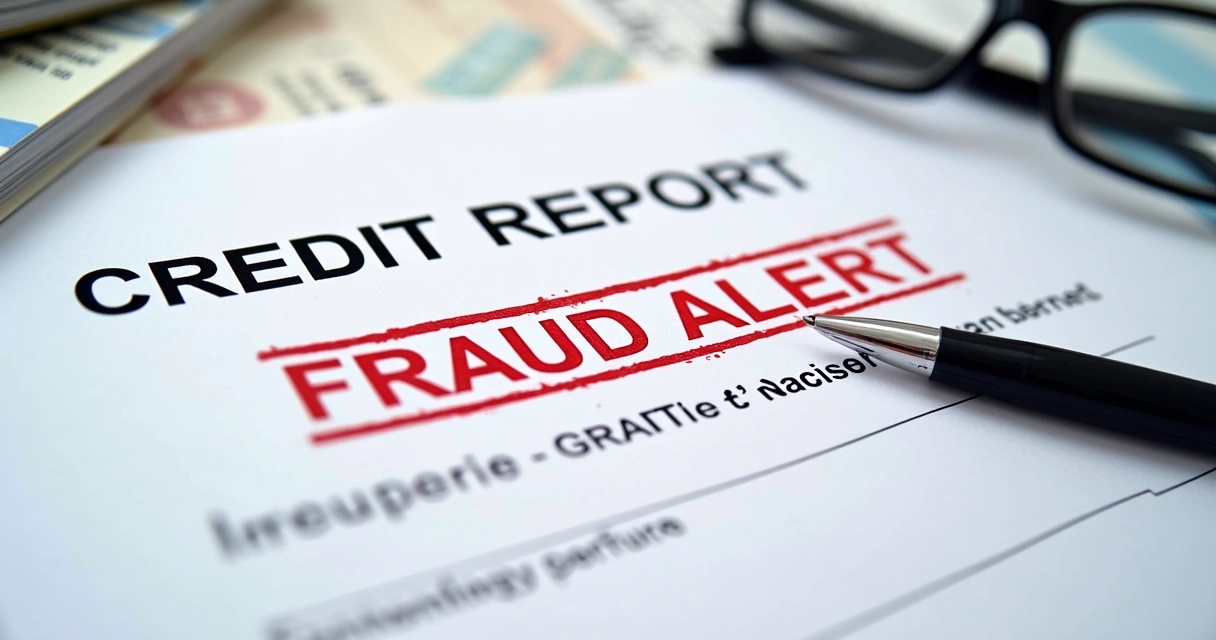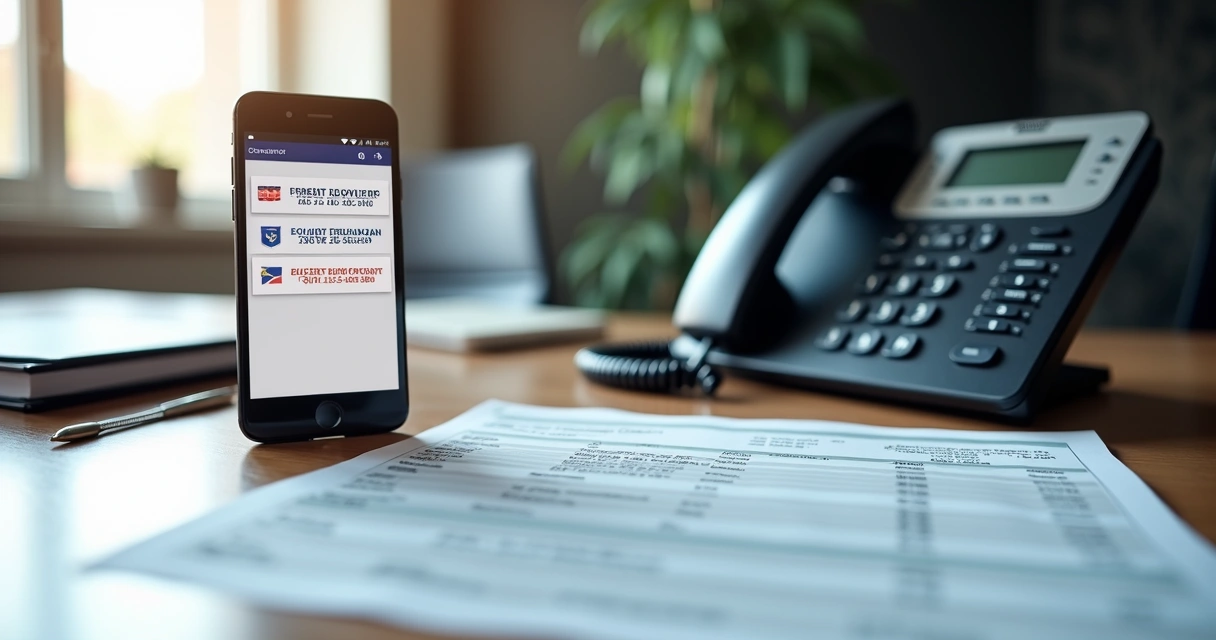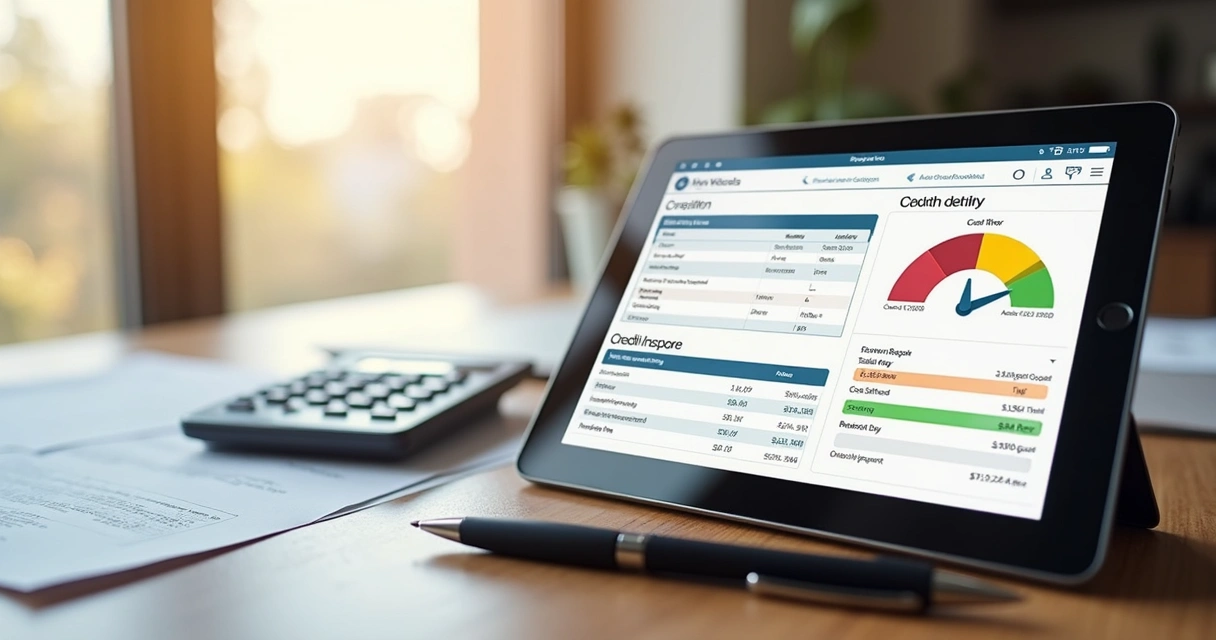Sometimes, a single phone call can set financial matters right. In my experience, knowing whom to call and what information to have ready makes a world of difference, especially as you navigate something as life-changing as buying your first home or refinancing with a company like Heart Mortgage. I’ve seen that understanding how to reach the main credit bureaus—Experian, Equifax, and TransUnion—can clear up confusion and protect your credit profile, which is critical for any real estate venture.
Why contact credit bureaus directly?
It might seem daunting, but reaching out to the agencies that record and report your credit history is sometimes the quickest path to clarity. I’ve spoken with many clients who discovered errors, suspected fraud, or needed to freeze their credit—each scenario required up-to-date bureau contact details. These calls can lead to resolutions, and sometimes even relief.
- Correcting errors before a major purchase or loan application
- Requesting your annual free credit report
- Placing a fraud alert or freezing credit in case of identity theft
- Verifying status for a mortgage approval
A call today can prevent a headache tomorrow.
Main telephone contacts for Experian, Equifax, and TransUnion
Let’s cut straight to the point. I like knowing the numbers are reliable. Here are the primary customer service contact numbers for the three major bureaus:
- Experian: 888‑397‑3742
- Equifax: 800‑685‑1111
- TransUnion: 800‑916‑8800 (general), 888‑909‑8872 (for freeze/fraud alert)
These aren’t just random hotlines—they are your lifelines if you need to take control of your credit narrative. I’ve memorized them over the years, and not by accident. They matter.

When should I call a credit bureau?
I get this question all the time. I usually say, “Whenever something seems off—or when a big life step is on the horizon.” There are some situations where a call isn’t optional but necessary.
- Disputing incorrect information: Say you spot an account you never opened or a late payment that’s just not yours. That can derail a mortgage application in an instant.
- Requesting your credit file: Your legal right, once a year, explained here by federal protections.
- Placing a fraud alert: One call can make lenders extra careful before extending new credit in your name.
- Freezing or unfreezing your credit: Useful for blocking any unauthorized access during a sensitive period, like a major loan process.
- Clarifying your credit status ahead of a big purchase: One check might reveal you’re ready to move ahead—something I’ve seen reassure many of my Heart Mortgage clients.
If it’s about errors or fraud, speed matters.
What information should I have when calling?
Preparation pays off. In my experience, you should gather some personal items before you dial. This avoids wasted time and repeated explanations.
- Full legal name (including any previous last names)
- Date of birth
- Social Security Number
- Current and previous addresses (recent years)
- Details about the issue or request (account numbers, dates, or creditor names if relevant)
- Government-issued identification (driver license or passport for some requests)
Each bureau may require slightly different things. I usually keep a photocopy of my license handy, just in case.
Step-by-step guide to common requests
Disputing credit report errors
If you spot something amiss, don’t panic. Here’s what I recommend, based on federal dispute guidance:
- Have your paperwork at hand (a recent credit report, relevant account statements, and basic ID).
- Call the appropriate bureau (see the numbers above).
- Clearly describe what’s wrong. Ask for an investigation.
- Submit supporting documents if asked (by mail or through their online portal, but phone calls can initiate the process faster sometimes).
- Get a tracking or reference number for your dispute.
- Monitor status—they must investigate and respond, usually within 30 days.
You can read a summary and even more about this process in understandable terms with the full CFPB guide to disputes.
Requesting your free annual credit report
Under the Fair Credit Reporting Act, every U.S. consumer can get a complimentary copy of their credit report from each bureau every twelve months. This is confirmed by the Federal Trade Commission, and honestly, I always suggest doing this before any mortgage application.
- Call one of the bureau numbers listed earlier.
- Provide basic personal details (name, SSN, mailing address).
- Choose to receive your report by mail or online.
I’ve found that reviewing your credit in advance can make your first conversation with a mortgage specialist at Heart Mortgage much more productive. If you want to know more about the maximum score possible before aiming for pre-approval, I explain it here: what is the highest credit score.
One free report per year, per bureau. Absolutely no reason to skip this step.
Placing a fraud alert or credit freeze
If you’ve lost a wallet or received a suspicious phone call, I’d act quickly. The official resource on identity theft spells out your options clearly. Here’s the quick method:
- Call one credit bureau to place a fraud alert—they’ll notify the others.
- Provide identification and explain your suspicion.
- For a credit freeze, contact each bureau individually. The process is similar but must be done with each agency.
- Record any confirmation numbers and keep them safe.
This alert doesn’t prevent access to your credit file completely, but it does require lenders to take extra steps to verify your identity. A freeze, on the other hand, keeps everyone out—unless you lift it.

Why do credit bureau contacts matter for mortgages?
From what I’ve seen at Heart Mortgage, a mortgage can stall or collapse over something as minor as a typo on a credit report. Lenders trust these bureaus to reflect your financial truth. If it’s wrong, the cost could be counted in stress, wasted time, or lost opportunities.
- Incorrect balances can change your debt-to-income ratio
- Unauthorized accounts can prompt loan denials
- Timely corrections clear your path to keys-in-hand
When clients are in the middle of the buying process, I often refer them to the guides on the complete guide for homebuyers and credit best practices to keep everything in order.
Tips for protecting your personal information
- Never share sensitive information unless you dialed the authentic number yourself.
- Avoid discussing your credit details on public Wi-Fi or via speakerphone.
- Keep records of whom you spoke with, the date, and what was promised.
- Shred physical documents that contain personal identifiers.
The Federal Deposit Insurance Corporation suggests checking your credit at least once yearly, but I recommend more if you’re entering the mortgage market or have been part of any data breach.
Guard your information with care—a single slip can open doors for fraud.
What are your rights as a consumer?
You have a right to dispute errors and demand corrections on your report—free of charge. Lenders must investigate, and you’re entitled to explanations and written results. Each bureau is required to provide a free credit report annually and must respond to valid disputes, as explained by official government resources.
This is more than policy—it’s protection for your future. I encourage anyone, whether working with Heart Mortgage or just starting a financial journey, to make use of these protections. This doesn’t just prevent mistakes during mortgage approval; it gives you peace of mind.

When identity theft is suspected
If you even have a hunch that someone accessed your credit or opened an account in your name, I’d act right away. The sooner, the better.
Start by placing a fraud alert with any of the bureaus—this alerts all three. File a report at IdentityTheft.gov and pull your credit reports to look for unfamiliar activity. This triple-check attack can save hours—or years—of headaches later.
If you’re buying a house, getting a loan, or refinancing with Heart Mortgage, keeping your credit record accurate protects your interest rate, borrowing power, and your shot at approval, as detailed in the guide for first-time and low-credit buyers.
Conclusion: Taking the next step with confidence
Having the correct phone numbers for Experian, Equifax, and TransUnion in hand is like holding a master key to your financial house. I’ve seen—not once, but many times—that acting promptly, whether disputing an error or placing a fraud alert, makes a measurable difference. This attention to detail can transform the mortgage process: fewer surprises, faster closings, and greater peace of mind.
Whenever you’re ready to move toward your own place or rethink your mortgage path, I encourage you to reach out to me and the Heart Mortgage team. We can walk you through any credit scenario and help you feel prepared for everything ahead. If you’re not sure where to begin, the guidance and stories inside the ITIN mortgage guide might be just the source of inspiration you need. Your future isn’t decided by your credit bureau—it’s decided by what you do next.
Frequently asked questions about contacting credit bureaus
What are the phone numbers for credit bureaus?
The primary numbers to reach the main credit bureaus are: Experian (888‑397‑3742), Equifax (800‑685‑1111), and TransUnion (800‑916‑8800 or 888‑909‑8872 for fraud/credit freeze).
How can I contact Experian by phone?
To contact Experian by phone, dial 888‑397‑3742. Have your personal details ready, including your full name, SSN, date of birth, and any relevant documents for your request.
Is there a toll-free number for Equifax?
Yes, Equifax’s main customer service number is toll-free: 800‑685‑1111. This line can be used for credit report requests, disputes, fraud alerts, or freezes.
Where do I find TransUnion contact details?
You can contact TransUnion by calling 800‑916‑8800 for general assistance or 888‑909‑8872 specifically for fraud alerts or freezing your credit. Their website also provides updated information, but these numbers remain standard for phone requests.
What is the fastest way to reach a credit bureau?
From what I’ve found, calling the dedicated customer support numbers listed above is often fastest for urgent issues. For simple requests, online portals exist, but for fast action—especially with disputes or fraud alerts—phone is still the best route.





